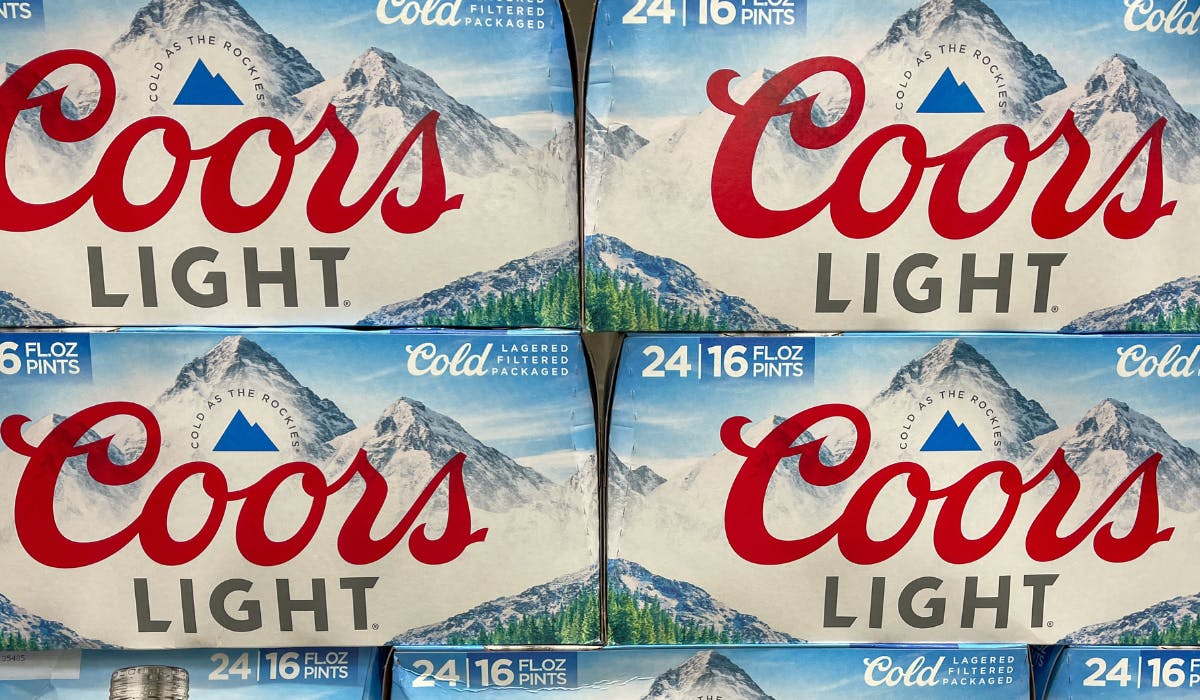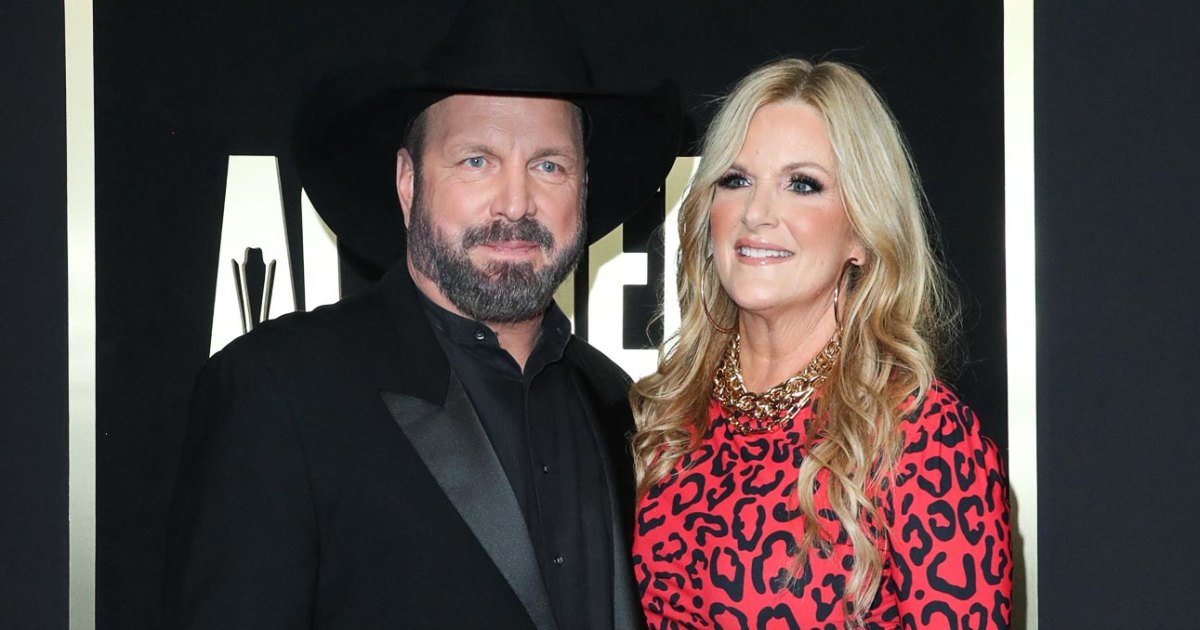
Molson Coors Pours $100m into Marketing to Edge Out Bud Light

Molson Coors CEO Gavin Hattersley announces a $100m increase in marketing spend, as Coors Light and Miller Light emerge triumphant over Bud Light, boasting a 50% larger market share since last year
In a bid to outperform its rivals, Molson Coors plans to boost its marketing investment by $100m (£78m) in the latter half of 2023.
According to Molson Coors CEO Gavin Hattersley, the combined sales of Coors Light and Miller Lite surpassed those of Bud Light by 50% in terms of total industry dollars, and were 30% higher than Modelo Especial in the second quarter.
Molson Coors achieved its highest quarterly sales since the merger in 2005, recording net sales of $3.3bn (£2.6bn) in the three months ending June 30. This marks a 12% increase compared to the previous year. The strong sales performance suggests that Molson Coors is taking advantage of Bud Light's recent difficulties. Bud Light and its parent company, AB InBev, faced severe criticism and backlash in April when a brief collaboration with trans influencer Dylan Mulvaney drew the anger of conservatives in the US.
The controversy has resulted in a larger number of drinkers in the US switching to other brands, causing significant disruption in the US beer market.
Hattersley stated that they plan to heavily invest in the current success they are experiencing, justifying the $100 million increase in marketing expenditure. He further emphasized that the brand's momentum has not waned as it advances through Q3.
Hattersley emphasized that the company's marketing investment is not solely focused on the United States. He informed investors that Molson Coors, the owner of Carling as well, is allocating more funds to its other markets to sustain its growth. However, the majority of the marketing budget will still be dedicated to the US.
In addition to benefiting from the Bud Light controversy, Molson Coors is also experiencing positive outcomes from its revamped marketing strategy, as indicated by its recent results. Three years ago, in response to Coors Light consistently losing market share, the company introduced a new marketing approach.
Hattersley stated that three years ago, the company underwent a complete transformation in its marketing and media approach, resulting in significant growth for its major brands. As a result of its strategy implemented since 2019, the company's brands are now noticeably stronger in 2023 compared to their performance in 2019.
According to Hattersley, Molson Coors had not anticipated the significant decline of its main rival's flagship product. Had this occurred in 2019, the company would not have experienced the sales advantage it has capitalized on this year by capitalizing on the decrease in Bud Light's sales.














